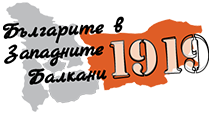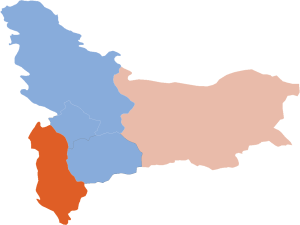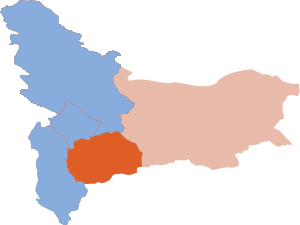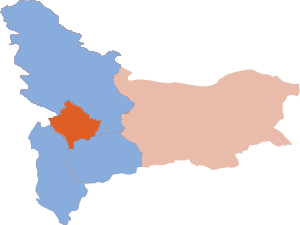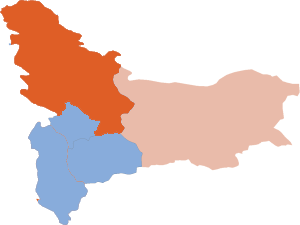The study presents and analyzes Bulgarian and foreign evidence, including ethno-demographic data, on the Bulgarian character of Vardar Macedonia (now the Republic of North Macedonia) and partly on Aegean (White Sea) Macedonia for the period 19th-20th centuries. It traces the development of the Bulgarian church- and educational work that has received strong support after the establishment of the Bulgarian Exarchate in 1870. Attention is drawn to the Bulgarian nature of the national liberation movement, which began in 1893 in Thessaloniki. It shows the role of the Macedonian Bulgarians, who were looking for the key to the liberation and unification of Macedonia with the motherland during the 20th century decade of wars. Regardless of the attempts to assimilate and denationalize the Bulgarians in Macedonia after 1919, the national spirit in the region was preserved even in the years of the Second World War. The transformations that took place in its aftermath in Eastern Europe had a negative impact on the development of the Macedonian question for the Bulgarian national spirit in the region. The repressions in Vardar Macedonia against thousands of Macedonian Bulgarians were renewed, and others were expelled from the Aegean part of the region. Many of their descendants, even later could not openly declare their nationality.
Гребенаров, Ал. Извори и реалности за българите в Македония – минало и съвремие – В: Българите в Западните Балкани (100 години преди и след Ньой). Сборник с доклади от научна конференция (9 ноември 2020 г.) и национална кръгла маса (30 ноември 2022 г.), проведени в София. С., 2023, 38–64. Институт за исторически изследвания – БАН. ISBN 978-954-2903-76-5.
